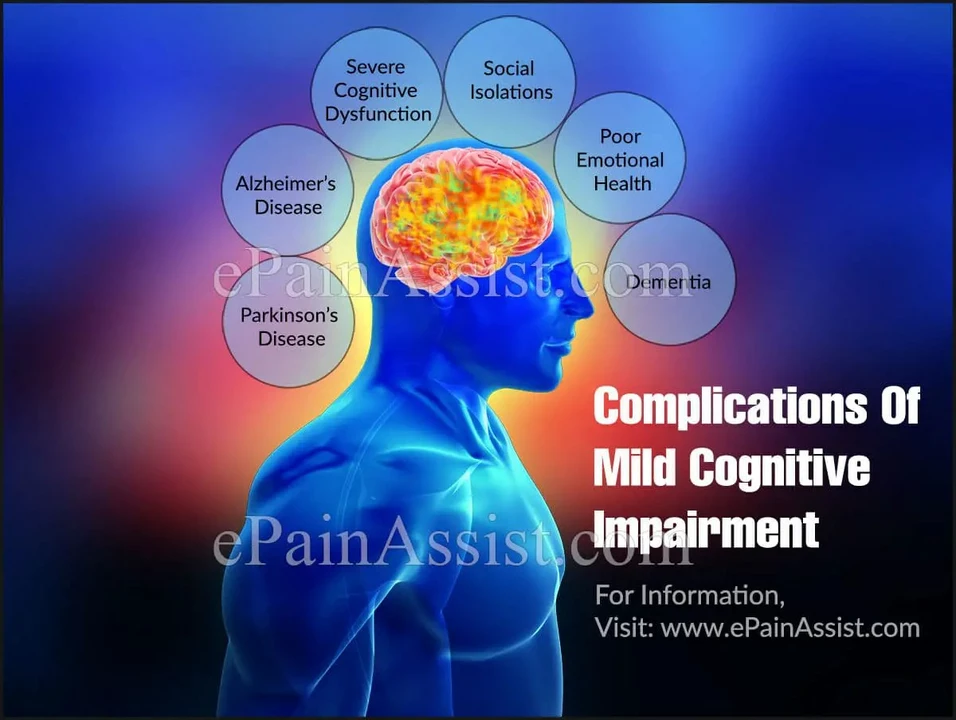Alzheimer's patients: practical care, meds, and daily tips
Alzheimer's patients need clear, practical help every day. This page gathers simple steps families can use right now to make life safer and less stressful. You won't find medical jargon - just straight tips on medications, routines, communication, and where to look for reliable supplies.
Medication & Safety
Keep a single, visible list of all medicines and doses. Use a pill organizer with compartments for morning, noon, evening and night. Set alarms on a phone or digital watch so doses aren't missed. When buying medicines online, stick to licensed pharmacies, check for a physical address, and read recent reviews. Always compare drug names and look up interactions before adding a new pill; a pharmacist can double check for you. If swallowing is hard, ask the doctor about liquid forms or alternative options.
Watch for side effects that could look like dementia worsening: dizziness, confusion, sleepiness, or falls. These may be medication related. Keep emergency numbers and the doctor's contact on the fridge.
Daily Routines That Help
Structure beats chaos. Plan predictable wake, meal, and bath times. Use labels and simple signs around the home to remind where items belong. Break tasks into tiny steps: "put shirt on, button top button." Celebrate small wins with a smile - positive cues reduce agitation.
Exercise matters: short walks, chair exercises, or gentle stretches daily help mood and sleep. Keep meals regular and simple - protein at breakfast, fiber at lunch, familiar foods in smaller portions. Hydration is often overlooked; offer fluids with every room change.
Communication should be calm and short. Ask one question at a time. If the person gets stuck, try offering two choices instead of open questions. Use the person's name and touch gently on the hand for reassurance. Avoid arguing about memories; instead, validate feelings and redirect to safer topics.
Home safety reduces accidents. Remove tripping hazards, lock toxic products, set water heater temperature lower, and install night lights along common paths. Consider a medical alert device if wandering is a risk.
Caregivers need help too. Schedule short breaks, join a local support group, and keep important documents up to date - advance directives, power of attorney, and medication lists. A trusted pharmacist or geriatric nurse can review care plans and suggest community resources.
Watch for sudden changes in behavior or rapid decline; these can signal infections, dehydration, or new medication problems and require prompt medical review. Small daily changes add up. With clearer routines, safe meds, and steady support, life can become more manageable for both the person with Alzheimer's and their caregiver.
Find practical help close by: ask your local pharmacy about pill packaging services, contact the aging services office for in-home care options, and check Alzheimer's association chapters for day programs. When ordering supplies or meds online, keep receipts and verify batch numbers in case of recalls. Keep a photo list of medications in your phone for ER visits. If budget is tight, ask social workers about subsidies or medication assistance programs. Small actions now avoid big problems later. Talk to the doctor before changing any treatment.

